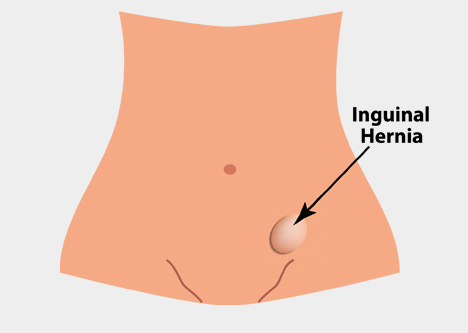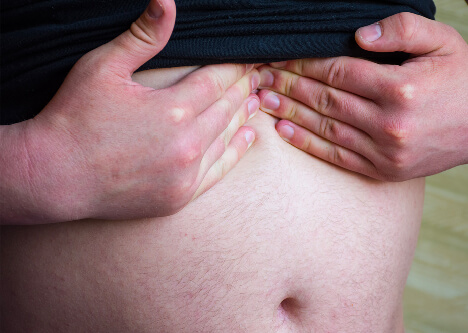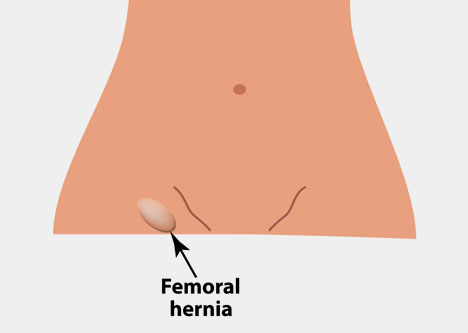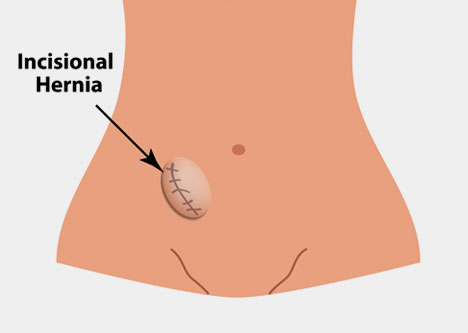What Is a Hernia?
A hernia occurs when an organ or tissue pushes through a weak spot in the muscle or fascia that contains it. This results in a visible lump or bulge under the skin. Hernias usually happen in the abdomen area, but can also occur in other areas like the groin area and belly button. Most hernias do not go away on their own and require surgical treatment to prevent potentially life-threatening complications.
What Causes a Hernia?
Hernias can be present at birth (congenital) or developed later (acquired). Congenital hernias are present at birth due to developmental defects or genetic disorders and may not become apparent until later in life. Acquired hernias, on the other hand, are often caused by muscle weakness resulting from aging, heavy lifting, constipation, or chronic coughing.












